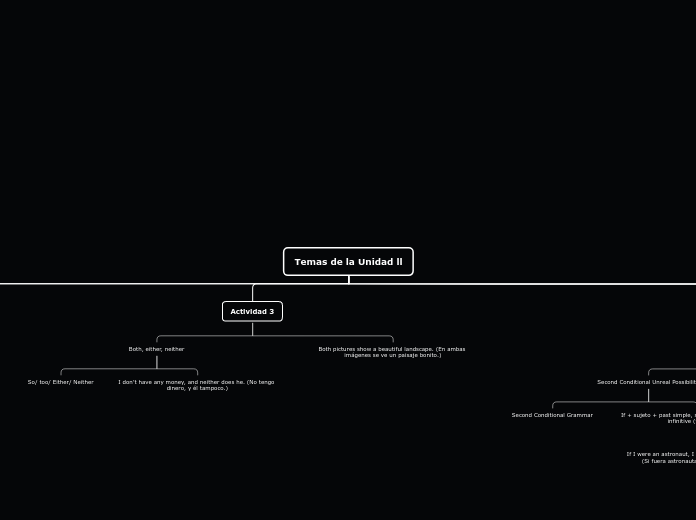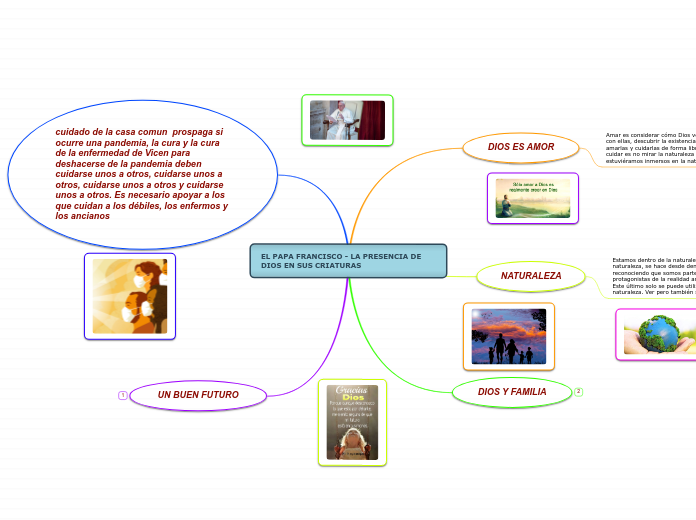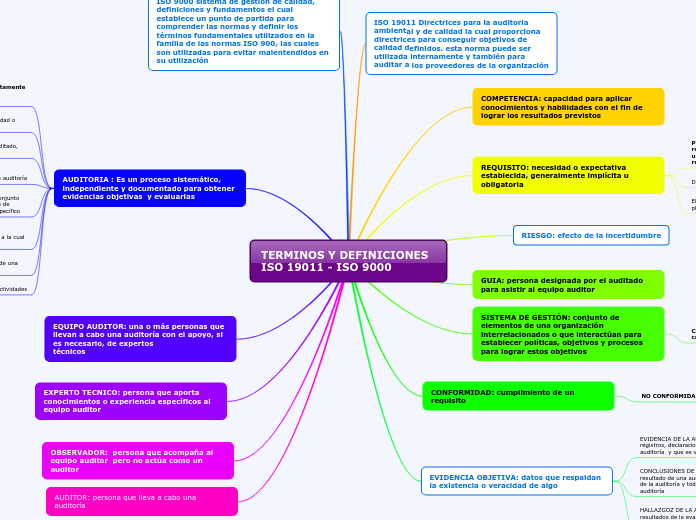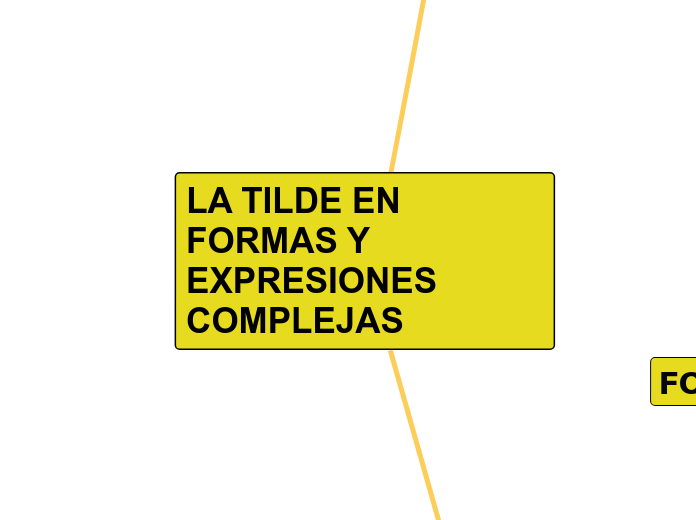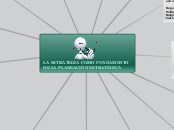av Jesica Gallegos 4 år siden
255
Organigrama
El contenido aborda varios aspectos fundamentales del aprendizaje del inglés, centrándose en estructuras gramaticales y su uso adecuado en diferentes contextos. Se trata temas como los adverbios de manera, utilizados para describir cómo se realiza una acción, y las etiquetas de preguntas, que se emplean para confirmar información.
